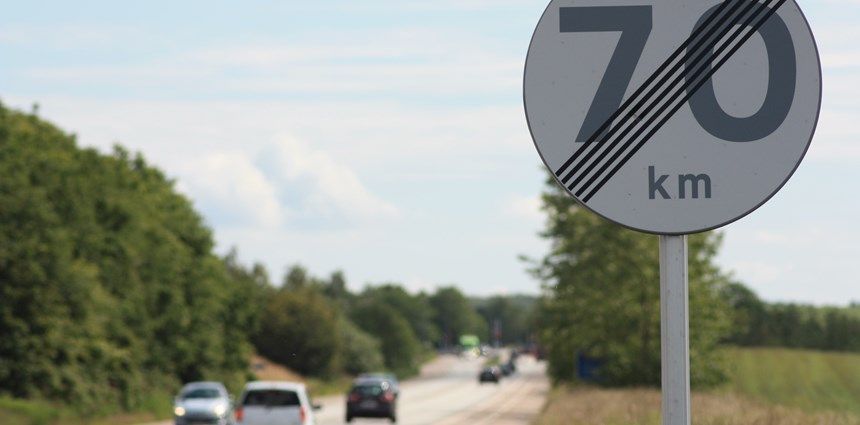Following a successful trial period, the government has decided to raise speed limits on certain rural roads and motorways where it can be done responsibly without endangering traffic safety.
The trial period conducted by the Danish road directorate, Vejdirektoratet, has reduced the number of traffic accidents since it was introduced in 2011, running for three years until 2014.
“We’re doing this because there is good experience gleaned by raising the speed limit on certain stretches of road,” said Ole Birk Olesen, the transport minister.
READ MORE: Speed trial yields some useful results
Awaiting recommendations
During the trial, speed limits were increased from 80 to 90 km/h on 18 rural stretches of road, but even though the limit rose by 10 km/h, the actual average speed of drivers on those stretches of road only increased by 0.2 km/h.
The government said it would only increase the speed limits on stretches of road recommended by Vejdirektoratet, but the government would also look into upping the limit from 110 to 120 km/h on certain motorway stretches.
“For relatively few expenses, we can ensure significant time benefits for the individual driver,” said Olesen.
“And that can help improve mobility in society and improve the conditions for growth.”
As soon as Vejdirektoratet comes with its recommendations, Olesen will present the issue to Parliament.















